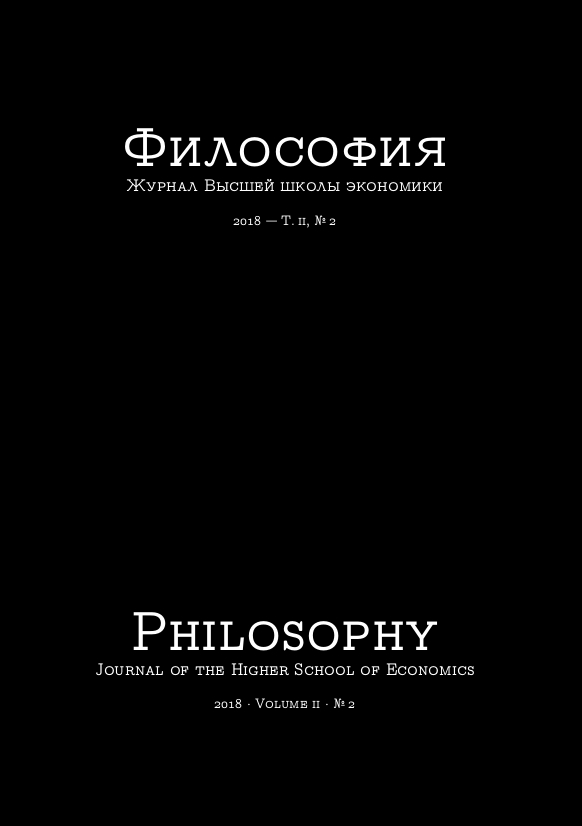Before and After Revolution
Abstract
The concept of revolution has undergone dramatic changes throughout the last two centuries — the same can be said about quite a significant number of concepts related to the revolution. The history of Russian thought in this regard is no exception, but in general the European history of this complex of concepts has been studied thoroughly, while in relation to the domestic materials we are yet at the first stage where the research is more about case studies and collecting primary material, and the large-scale generalizations, however necessary they may seem, could be rather speculative; it would be more correct to view such generalizations as a part of a research process, not as a closing address.
The agenda of this volume continues the issues raised a year ago in Vol. 2 (2017), where the concepts of action and reaction were in the focus of attention. Present issue focuses on the concepts of revolution and reform. The issue starts with an article by Andrey Ilyin, where he considers the relationship between the concepts of revolution and reform in the first years of Alexander II’s reign. Alexander Kotov's uses another perspective in his paper: he analyzes the main approaches to and methods of criticizing left radicalism by the publicists of the Katkov’s circle.
Kirill Solovyov's article is concerned with the perception of the idea of autocracy (samoderzhaviye) by the intellectuals and highest bureaucrats of the Russian Empire from the end of nineteenth to the beginning of the twentieth century: a few years before autocracy would become a subject of an intense public discussion due to the Fundamental Laws revision. Lubov Bibikova analyzes the use of the concept revolution by the various political police structures of the Russian Empire at the same time period; Giovanni Savino examines the influences and interrelation between the ideas of Antonio Labriola and Antonio Gramsci in the Russian Marxist movement.
The publications section contains a translation of the Friedrich Gottlob Bourne’s letters to Immanuel Kant (translation and introduction by Anna Vinkelman) and the first publication of Ludwig Binswanger's letters to Tatyana Sergeevna Frank (translation and introduction by Alexander Tsygankov and Teresa Obolevich). The publication of Binswanger’s letters to S. L. Frank’s widow not only provides plenty of information on the matters of place and time but also sheds some light on the history of Franck’s texts publications, mainly the German version of The Incomprehensible.
Next section opens with the reviews of the new books on the history of Russian thought (Andrey Teslya and Alexander Marey), which are followed by the reviews of Alan Kirby’s Digimodernism (Alexander Pavlov) and of a recent Russian version of In the Dust of this Planet by Eugene Tucker (Sofia Porfiryeva) and Yury Shichalin’s response to D. Bugay’s article On a new edition of Plato’s "Parmenides" (Questions of Philosophy, 2018, Vol. 3). Scientific life chronicle section contains a summary of The Idea of the Law in the Intellectual History international conference (which took place at the end of this April in St. Petersburg HSE campus) by Pavel Yushin.
Andrey Teslya, Publishing Editor
Downloads






